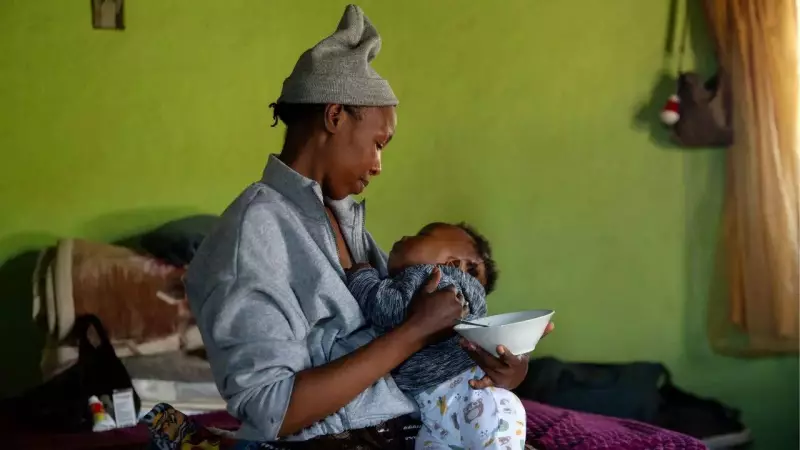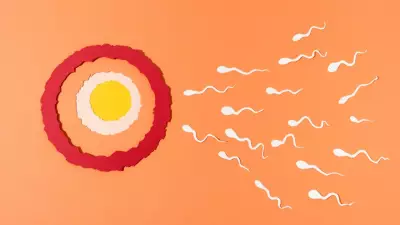
A new investigation has uncovered that Nestle is selling baby food products in Africa with alarmingly high levels of added sugar, a practice it has largely abandoned in Europe. This revelation comes just a year after a similar scandal regarding the company's products in India.
Shocking Disparity in Sugar Content
Laboratory analysis, commissioned by the Swiss NGO Public Eye in collaboration with African civil society groups, tested around one hundred samples of Cerelac infant cereal sold across 20 African nations. The findings were stark. Over 90% of these products for babies from six months old contained added sugar. On average, each serving contained close to six grammes of sugar, equivalent to one and a half sugar cubes.
This average is 50% higher than levels found in previous investigations focused on Asia and Latin America, and double the amount detected in India, the world's largest market for Cerelac. The highest level of added sugar was discovered in Kenya, with some products containing up to 7.5 grammes per serving. In sharp contrast, the same products sold in Switzerland and other key European markets contain no added sugar at all.
Public Outrage and Nestle's Response
In an open letter to the Nestle CEO, 19 civil society organisations from 13 African countries, including Nigeria, South Africa, and Kenya, have demanded the company immediately halt this practice. They reminded Nestle that "all babies are equal" and accused the company of deliberately putting the health of African babies at risk for profit.
The letter states, "You are the architects of a preventable public health catastrophe and fuelling an epidemic of diet-related non-communicable diseases across the continent." The groups pointed to World Health Organization (WHO) guidelines, which recommend no added sugar in baby foods to prevent an early and lasting preference for sweetened products, a major risk factor for obesity.
This is not the first time Nestle has faced such criticism. In India, public outrage erupted in April last year when it was revealed that all 15 Cerelac variants contained nearly three grammes of sugar per serving. Following the backlash, Nestle India introduced variants with no added sugar, claiming a 30% reduction in sugar content over five years. The company's expanded range in India now consists of 21 variants, with 14 having no refined sugar, though seven variants with added sugar remain available.
A Global Double Standard
A Nestle India spokesperson stated that the company does not differentiate between children in Europe, India, or anywhere else and that its Indian products comply with local FSSAI and BIS standards. Regarding global practices, the spokesperson claimed that in Europe, Nestle offers infant cereals both with and without added sugars, though the company's own Swiss website shows only variants without any added sugar.
The company has set a global goal, stating, "variants without added sugar were already present in 97% of Nestle's global market and that it aimed to take it to 100% by the end of 2025." However, the recent findings in Africa highlight a significant and concerning gap in this commitment, raising serious questions about corporate ethics and the equal right of all children to healthy nutrition.





